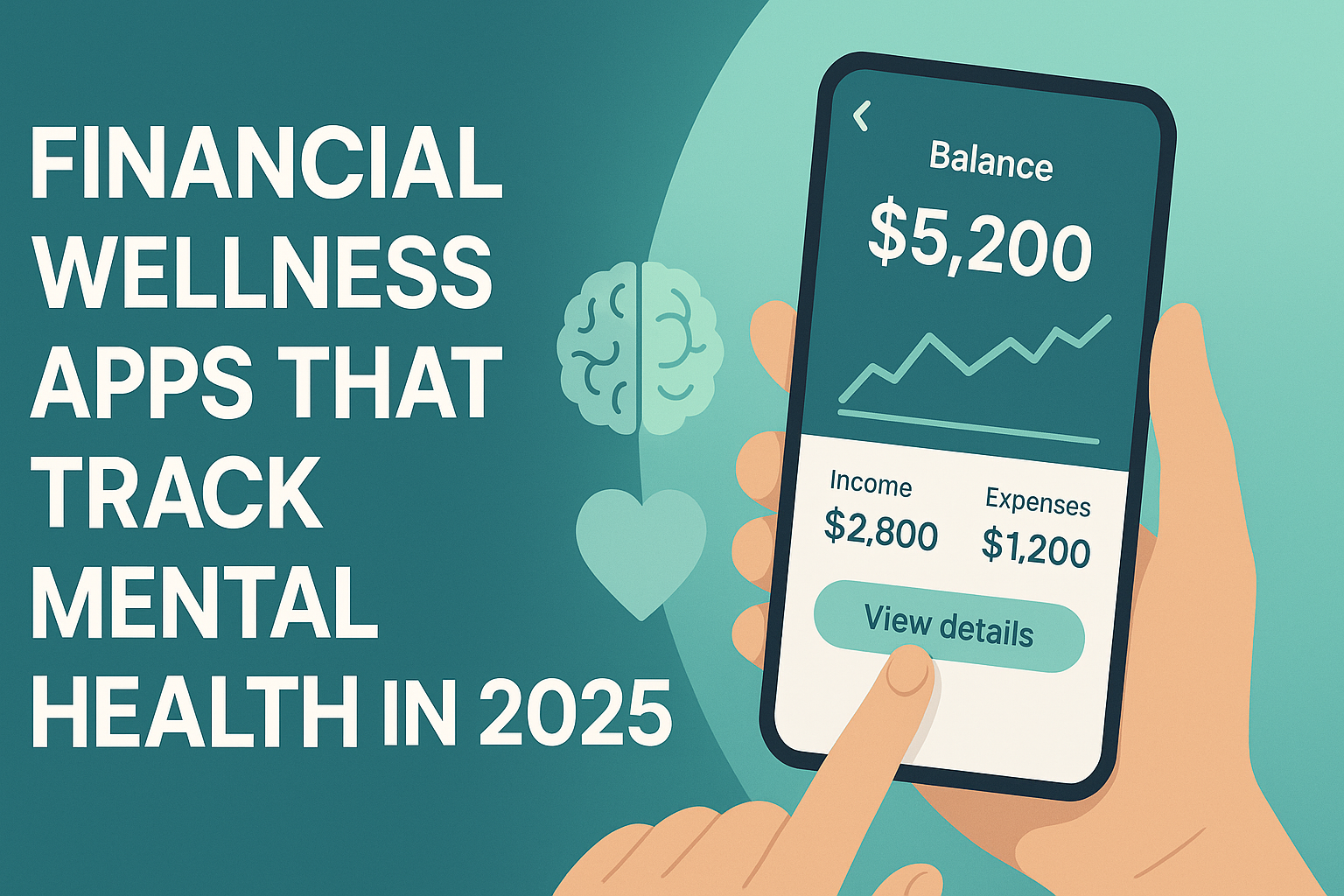No Tax on Tips: A Financial Game-Changer for America’s Service Workers
A major tax shift is brewing in Washington — and this time, it’s targeting the wallets of America’s bartenders, servers, valets, and hospitality workers. The “No Tax on Tips” provision, currently gaining bipartisan momentum in Congress, could exempt tips from federal income tax altogether.
At first glance, this might seem like a narrow policy tweak. But if implemented, it would be one of the most targeted financial relief efforts for working-class Americans in decades. Let’s explore how this proposal could reshape take-home pay, job market dynamics, and even consumer behavior in 2025 and beyond.
Why This Is Happening Now
Inflation continues to squeeze household budgets, and nowhere is that more visible than among low-wage, hourly workers. According to the Bureau of Labor Statistics (BLS), average wages in the service sector have failed to keep pace with rising costs in housing, fuel, and groceries.
While many pandemic-era programs have expired, the economic strain hasn’t. Lawmakers are now looking for low-cost, high-impact solutions — and removing the federal income tax on tips hits that sweet spot. It boosts income without raising government spending or creating complex administrative programs.
This initiative, embedded in a broader budget package, reflects growing recognition of the imbalance between how hard these workers labor and how much they’re able to retain after taxes. After years of advocacy by labor groups, this change could finally tip the scales — literally and figuratively.
What It Means for Workers, Employers, and Consumers
Service Workers: A Direct Income Boost
For tipped employees in food service, hospitality, ride-sharing, and personal care industries, this measure would result in an immediate increase in take-home pay. No need to wait for wage negotiations or rely on temporary stimulus — this is recurring income, month after month.
The Economic Policy Institute (EPI) estimates that tipped workers currently lose between 10%–15% of their total earnings to federal taxes. Eliminating that burden could help many workers build emergency savings, pay down debt, or finally afford rising rent.

Removing federal tax on tips could directly increase financial stability and morale among service workers.
Job Market Dynamics: A Competitive Edge for Employers
The service industry is infamous for high turnover — in some segments, annual churn rates exceed 70%. Higher net pay could improve employee retention, job satisfaction, and even customer service outcomes.
For business owners, lower churn means fewer recruitment costs, less time spent training new hires, and a more experienced, reliable workforce. This could improve operational efficiency and profitability in sectors long plagued by labor instability.
Consumers: Minimal Price Impact, Bigger Local Ripple
Some critics worry that letting workers keep more of their tips could prompt price hikes by businesses looking to rebalance labor costs. However, since tips are already paid directly by customers, the legislation wouldn’t increase payroll expenses for employers.
Moreover, when service workers take home more income, they tend to spend more locally — on transportation, food, housing, and entertainment. That injection of disposable income into community economies could actually stimulate demand, especially in lower-income neighborhoods where service workers live and shop.
How This Could Reshape Financial Planning
For the first time, many tipped workers could consider formal saving and investing strategies. This opens the door for tools like Roth IRAs, emergency funds, and even homeownership — goals previously out of reach for those living paycheck to paycheck.
If the legislation passes, financial institutions and employers may need to rethink how they engage with service workers, offering products and benefits tailored to a newly empowered group of earners.
Key Takeaways to Watch
- Take-home pay increases without wage changes could help service workers counter inflation and reduce financial vulnerability.
- Reduced turnover in the service sector could lower hiring costs and boost small business stability.
- Community-level spending may rise, potentially benefiting local economies in ways stimulus checks only temporarily achieved.
- Minimal inflationary impact expected, since employers are not directly absorbing the cost of the tax relief.
- Legislative momentum is bipartisan, increasing the likelihood of passage — though implementation timing may vary.
Final Thoughts: A Policy Worth Following Closely
At its core, the “No Tax on Tips” provision is a rare example of legislation that offers meaningful impact without massive complexity. For millions of workers whose paychecks are already stretched thin, this could be the most important financial development of the year.
Whether you work in the service industry, own a hospitality business, or simply want to understand how policy affects economic health, this is one to watch. If passed, it won’t just change how tips are taxed — it could alter how we view labor equity, financial inclusion, and dignity in work.
Want to stay informed on policies affecting working Americans? Don’t miss our ongoing analysis at The Evolving Post.
While this analysis is based on thorough research, it is for informational and educational purposes only and should not be considered financial advice.





